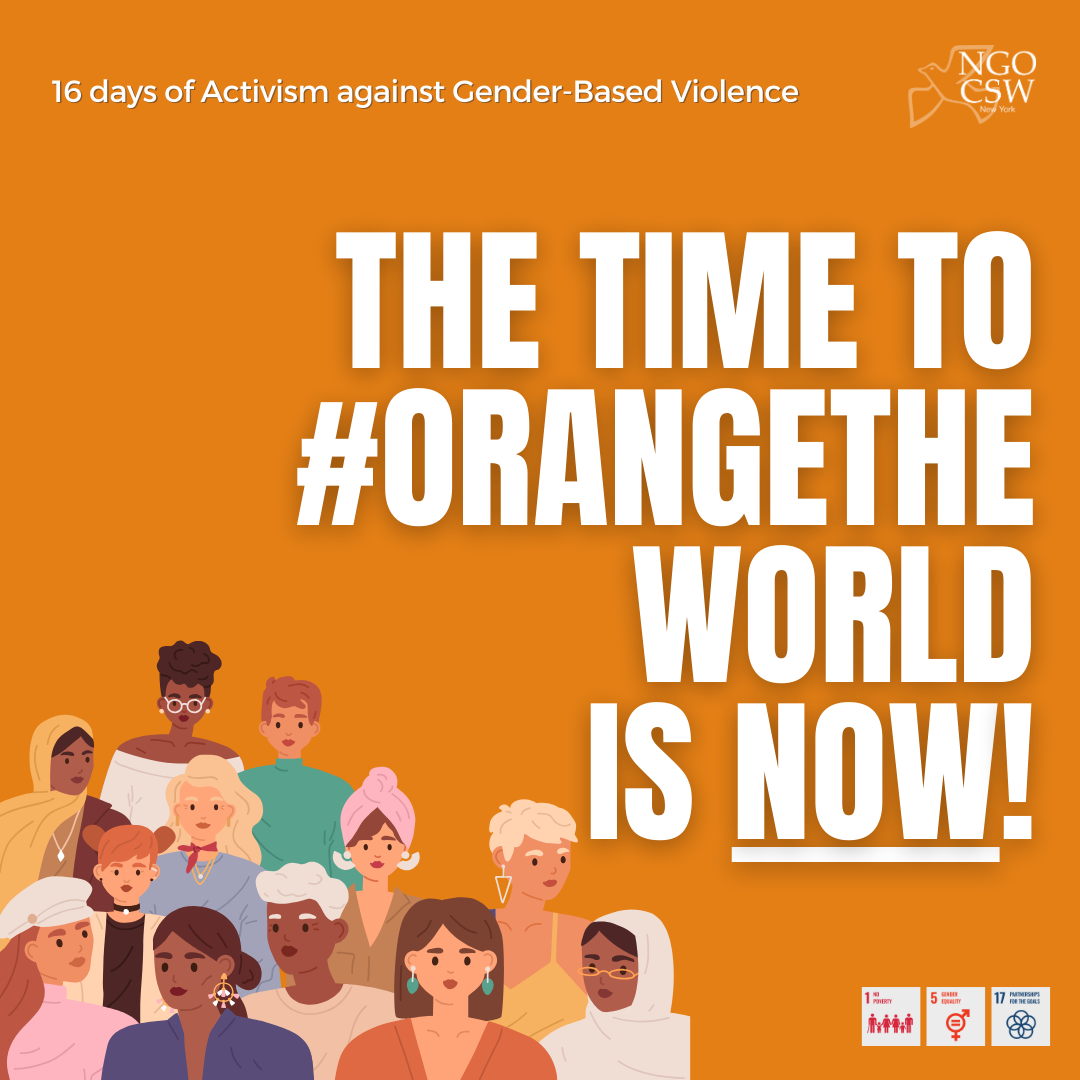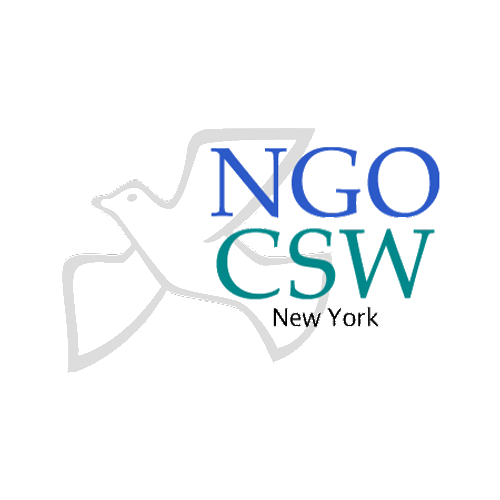
Article 23 of the UN Universal Declaration of Human Rights states unequivocally that everyone has the right to work in just and favorable conditions. But globally, our culture’s perpetuation of gender stereotypes, discrimination, and unequal power relations enables gender based violence (GBV) and sexual harassment in the workplace.
When the proper legal protections aren’t in place, women suffer. Workplace harassment and violence spans anywhere from swallowing inappropriate jokes to being asked for sexual favors or suffering unwanted physical contact. And despite the fact that one in every five people have experienced some form of violence at work, these abuses continue to go critically unreported.


